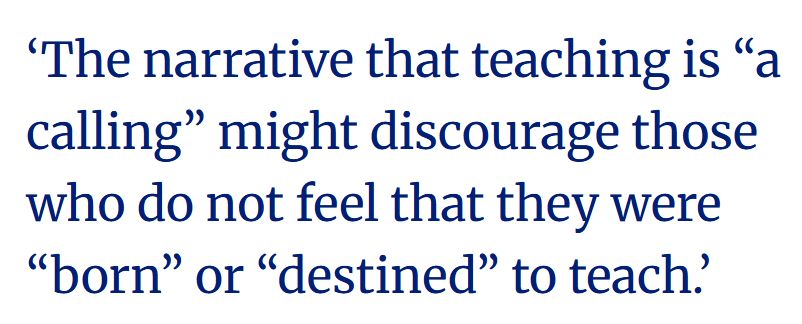Dr Emily MacLeod
@emilymacleod.bsky.social
120 followers
190 following
80 posts
I research why people do/not become teachers, especially in science, and how we can make education equitable. Working at McGill and UCL.
Posts
Media
Videos
Starter Packs













